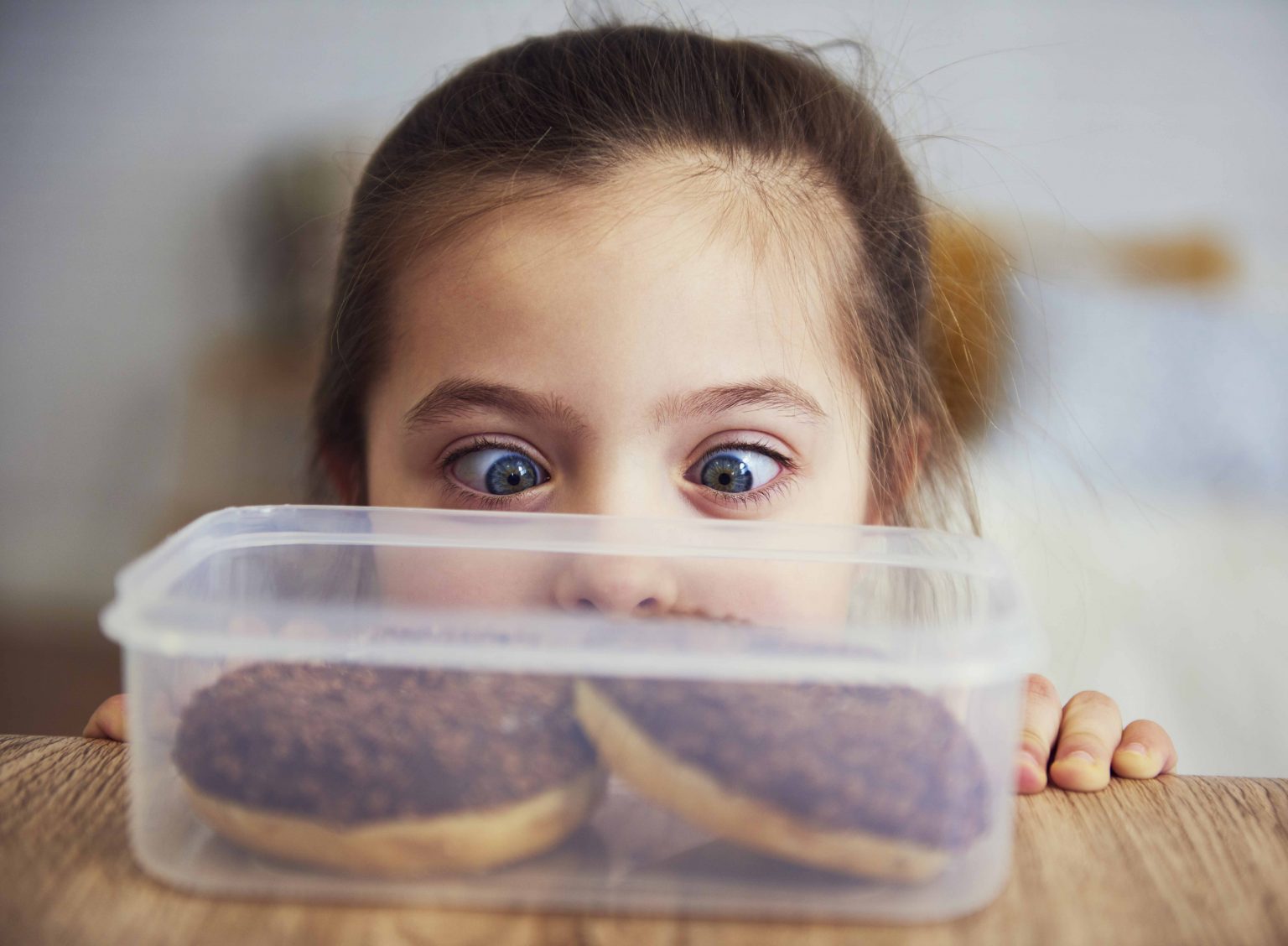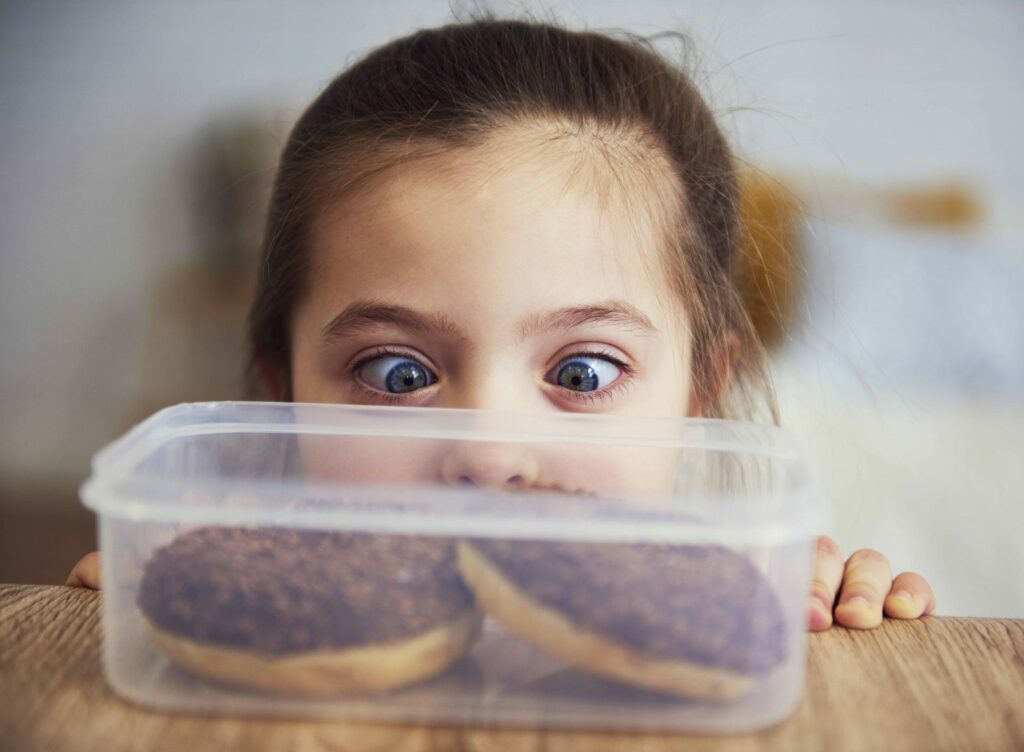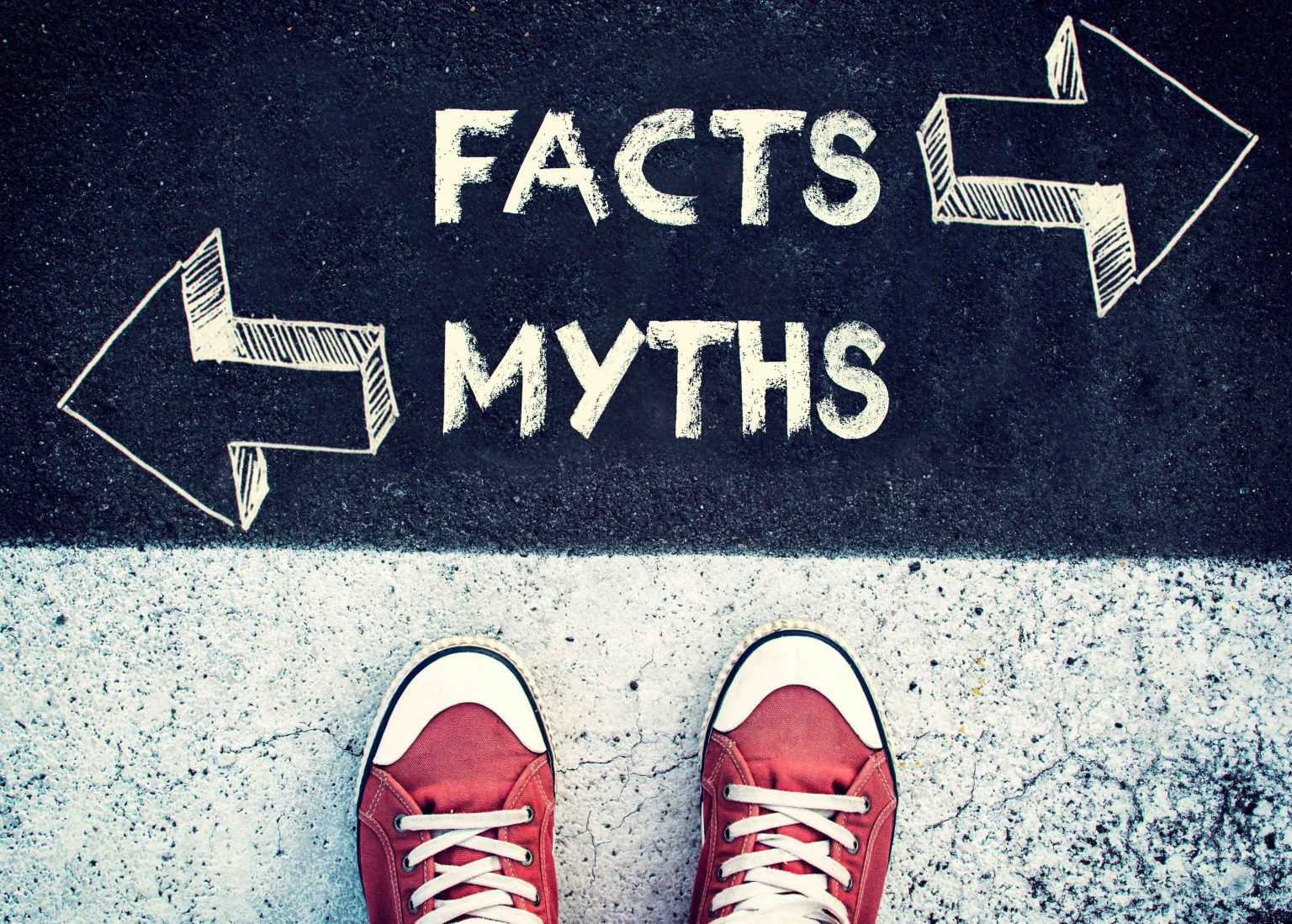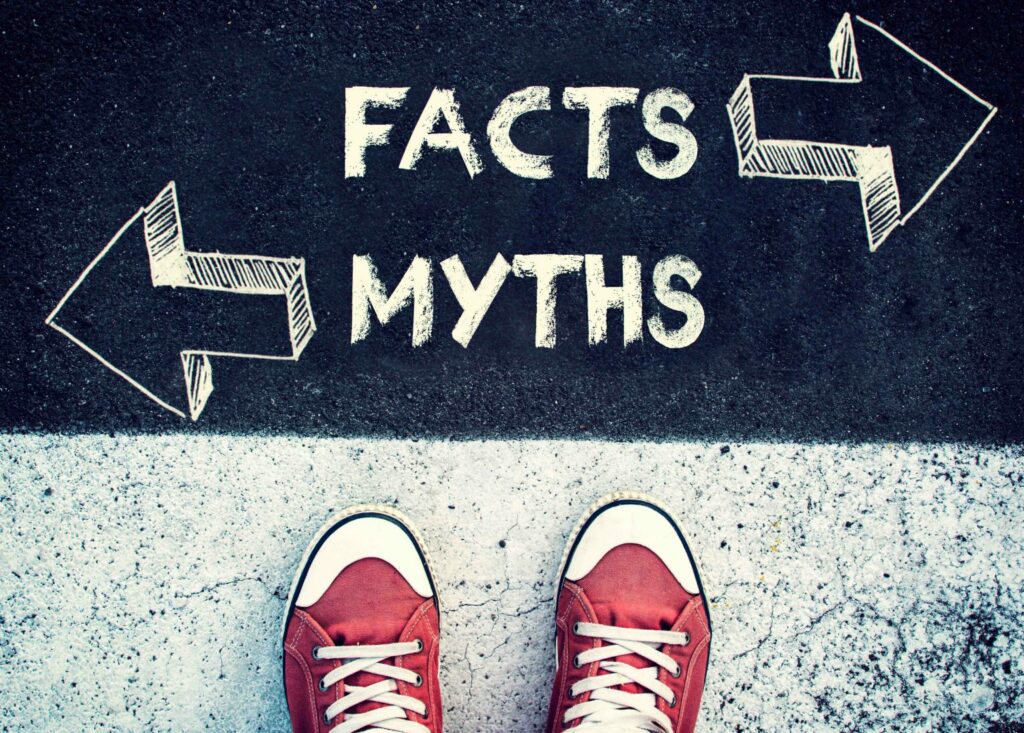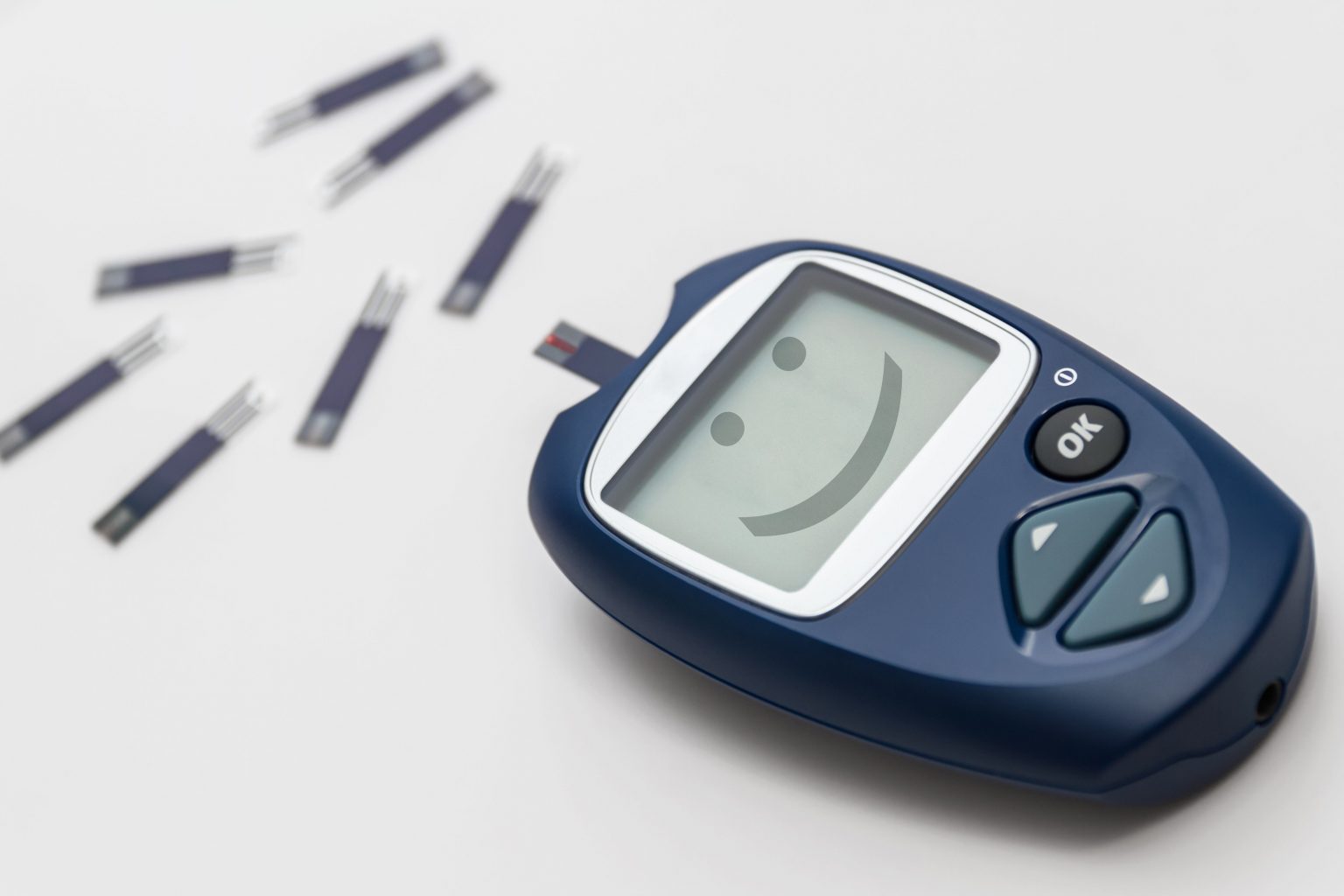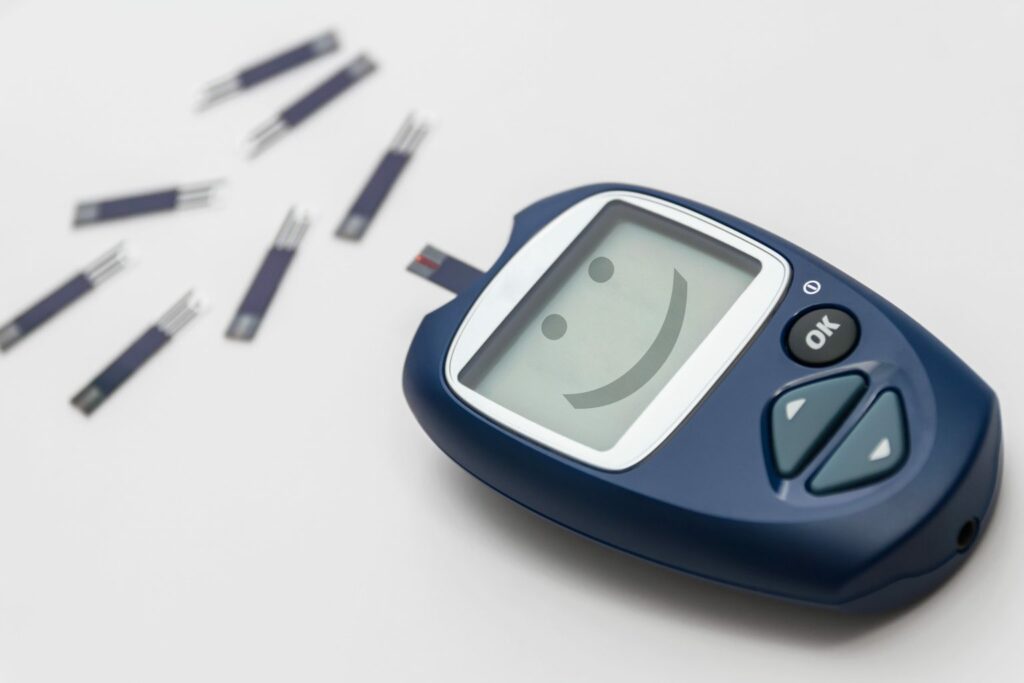When I was in my 20’s, and I heard my sister-in-law mention that she was going off sugar, and it was the hardest thing she had ever done. She talked about the withdrawal, and physical symptoms like it was a drug withdrawal. I thought this was a little dramatic because in my 20’s I knew everything. Now I’m 50, and I realize how right she was and how dumb I am, to be honest. However, being a dumbass makes me more willing to understand what I don’t know.
Sugar and its effects
There are many papers on the role of sugar and its effects on the brain. One of the best articles I found shows that sugar triggers dopamine production in the same area of the brain as drugs do in rats. Dopamine is the neurotransmitter that is best thought of as “the reward chemical.” Gambling=dopamine. Sex=dopamine. Drugs and alcohol=dopamine. Video games=dopamine.
This paper shows that it is common to have a cross addiction to alcohol and amphetamines with sugar sensitization. So, sugar is a drug.
Another question you might have is, “Why are we made this way?” With all the sugar surrounding us, it doesn’t seem fair. Before toaster pastries and wine came along, as early humans, we had to forage and hunt for meals, and when winter was coming, we took calories where we could get them. If we came across sugar, whether in honey or fruit, we got the signal to eat and eat a lot through the reward of a dopamine hit. The necessary thing for the forager was that sugar also packed on fat to help get through the long hard winter. The signal to eat, and eat a lot, gave us an evolutionary advantage.
Now, the average American eats 100-150 lbs of sugar a year because it overflows into every part of their diet. We have entered the land of chronic diseases of overconsumption like diabetes, heart disease, and cancer. Men should eat about 25 lbs of sugar per year based on weight, and women about 16 lbs per year. That means about 35 grams a day for men and 20-25 grams for women. Men, drink one 12oz. soda (38g), and you are done. Women, have one brand name yogurt (26g), and you are done…. and unsatisfied. Our processed foods are sabotaging us, so be very aware of hidden sources driving our addictions.
Now that we can quit thinking of sugar cravings as a moral weakness, we can apply some interventions that give our willpower a much-needed helping hand. It is crucial, especially following the holidays when the sugar gremlin is turned loose to eat all the sugar-laden foods.
Here are two things to focus on:
Improve Dopamine levels
- Exercise is not sexy, but 10-15 mins of moderate to intense exercise stoke the dopamine fire.
- Sleep– also not sexy. When we don’t get enough sleep, our dopamine requirement goes up because our number of dopamine receptors goes down. Think about the last time you didn’t get enough sleep? You probably couldn’t get enough ice cream. Don’t underestimate the importance of enough sleep in fighting your cravings.
- Supplement support– a little sexier. Increasing dopamine is easy with supplements. You can help dopamine stay around longer with things like Rhodiola Rosea (1 twice a day). You can also increase dopamine production with DopaPlus (1 twice a day between meals). These supplements work and will help you avoid sugar cravings along with the next intervention.
Kill the yeast!
Yeast or Candida Albicans (and others) live in our digestive tract, and a certain amount of them are good, when they overgrow, they become detrimental to our health and lead to fatigue, brain fog, and, most of all, sugar cravings.
- Starve them– Start cutting back on sugar as this is yeast’s favorite fuel source, and less yeast equals fewer cravings. There is no research saying, “you have yeast, then you have sugar cravings,” but from what I see in my office, this is 100% true. The only problem is that it is hard to cut back on sugar when you have yeast, so enter something to help.
- Candida Balance– This is a supplement that does a phenomenal job of leveling the yeast playing field. This is my go-to when I have been in the cookie cupboard and can’t stop. 1-2 capsules twice a day does an herbal number on the yeast and their protective biofilms. I can feel the cravings dissipate within 24 hours. You need to take at least one bottle if you have been struggling with sugar for some time and keep some handy when you fall off the wagon during holidays or special occasions.
Whitney Houston said, “Crack is whack.” What she should’ve said is, “Sugar is a booger.”
Addiction to sugar and its associated diseases, heart disease, cancer and diabetes, have killed many more people (1.35 million) per year than crack (70K).
